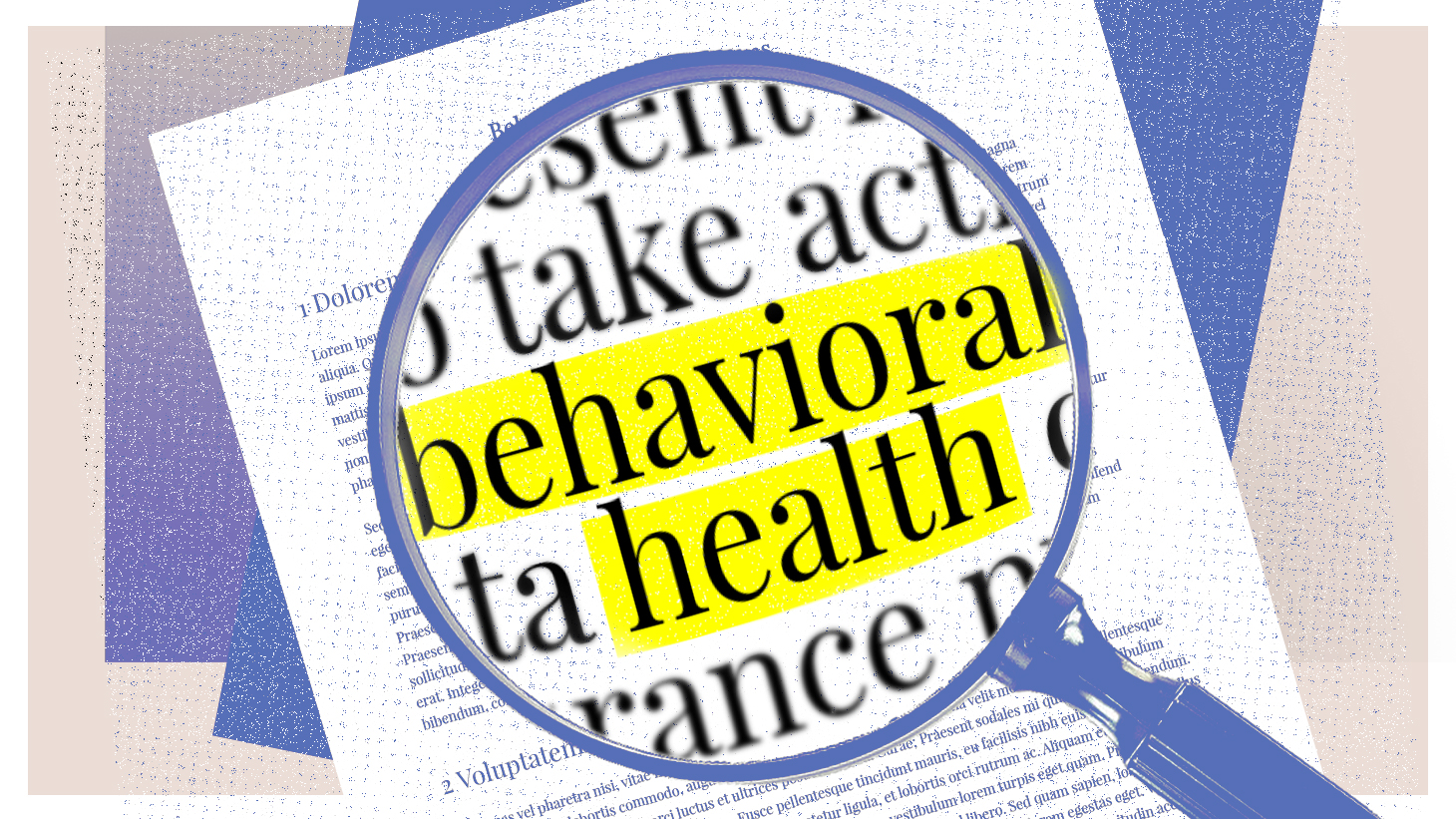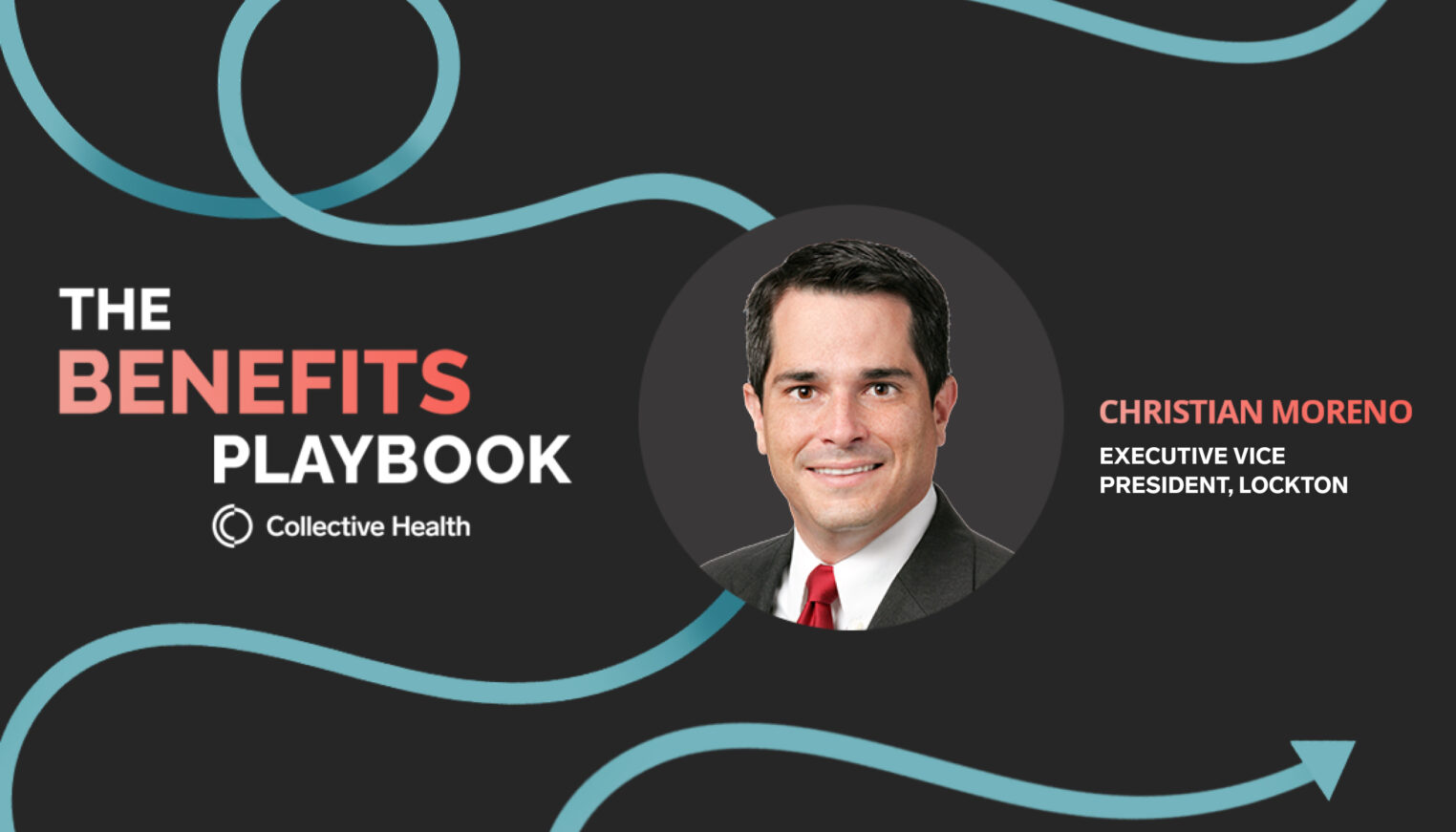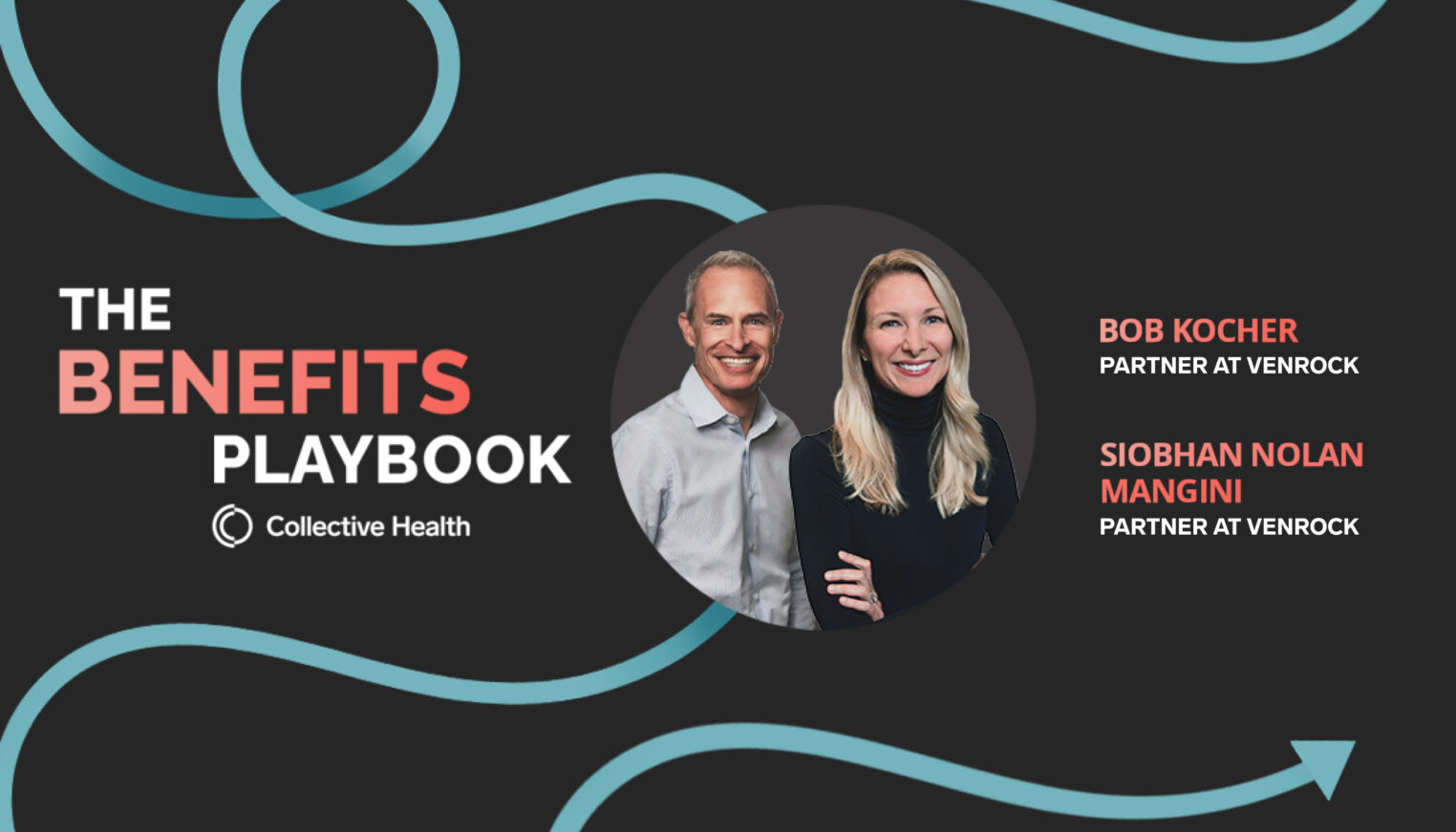Employer-sponsored behavioral health interventions are growing in popularity, but with so many options to choose from, how do you know if you’re choosing the right one for your people?
“Behavioral health”, a holistic term that encompasses the promotion of mental health, resilience, and wellbeing, has become popular in employer health circles, especially as awareness has grown about burnout and stress, depression and anxiety, as well as addiction in the workplace.
However, while 65% of employers reported that mental health was well-supported, 67% of employees with a mental illness found it challenging to access care according to a 2021 McKinsey survey.
If your behavioral health program isn’t engaging your people, it could be the nature of the services available, or the quality of their member experience. In this article, we’ll explore the behavioral health interventions that are backed by data and research, and the one to avoid.
Behavioral health with primary care
Behavioral health offerings are often distinct from other forms of care, but our research suggests that closer integration between behavioral health and primary care—in what is called the “collaborative care model”—may be most financially sustainable. This model has also been shown to improve patient outcomes and reduce the stigma associated with mental health issues.
Because people with behavioral health problems tend to visit a primary care physician to discuss these problems more commonly than a psychiatrist or counselor, the primary care backbone may offer more opportunities for action.
The takeaway for HR and benefits leaders
Look at your overall care model. How do your behavioral health offerings integrate with primary care benefits? The more connected your offerings are, the more likely they are to reach more members in a cost-effective way. For example, at Collective Health, we have developed a centralized ecosystem for members so they have one place to go for their benefits and one number to call when they need help.
Cognitive behavioral therapy (CBT)
Cognitive behavioral therapy (CBT) programs are helpful for stress management, depression, and anxiety, among other conditions. These interventions, which can be self-led or guided, focus on identifying and addressing negative thinking and behavioral patterns to develop more effective coping skills.
The programs can help produce a marked reduction in symptoms and stress levels. Clear, evidence-based organizational and individual benefit has been observed with return-to-work programs that integrate CBT strategies.
The takeaway for HR and benefits leaders
Make sure your organization’s behavioral health benefits include CBT. You can scan your provider directory to see what services your covered providers are offering. There are CBT-based digital health solutions that may be able to help expand your behavioral health coverage.
Collective Health partners with leading digital behavioral health solutions–including Ginger, Lyra, and Modern Health– all of which offer cognitive behavioral therapy solutions for employers.
Addiction and suicide prevention
Suicide and addiction are serious problems that affect people of working age. Workers experiencing stress are known to turn to alcohol and illicit substances as coping mechanisms when workplace pressure ramps up. And while suicide rates may have declined during the pandemic, it remains a devastating problem mostly borne by those of working age.
Yet, only 22% of employers had or planned to implement programs that address opioid use and suicide prevention in 2019. While many employers don’t consider these aspects of behavioral health programs, these problems are affecting increasingly large segments of the American workforce.
The takeaway for HR and benefits leaders
Addiction services and suicide prevention are major components of behavioral health services; benefits programs you offer should address them explicitly. Speak with your providers and broker to explore the options and modalities of care available before deciding which solution makes it into your health plan.
Avoid traumatic workplace event briefings
While traumatic events in the workplace are—thankfully—uncommon, it’s important for organizations to react accordingly when one does occur. Historically, that process has included a psychological debriefing—an immediate intervention intended to reduce stress and long-term effects of trauma.
Yet evidence suggests that these briefings may be ineffective and can actually produce adverse effects among particularly sensitive employees. Rather than being debriefed in the employer setting, employees should be offered formal out-of-office psychiatric therapy.
The takeaway for HR and benefits leaders
Do you have a plan for what to do if a traumatic event occurs in your workplace? If not, now’s the time to get started on one. And while traditional recommendations have suggested incorporating on-site debriefings into that process, consider other options like covering off-site counseling services.
Review your employee and family assistance programs to ensure they adequately take into account behavioral health and equip your organization with robust resources that can help your teams navigate traumatic events when they occur.
The simplest way to vet behavioral health
Behavioral health is no longer a nice-to-have, it’s a pressing need in the post-pandemic world where everyone has yet to make sense of the distress, isolation and disruption brought on by COVID-19. As more studies on the quality of treatment programs are published, it’s critical that employers continue to adjust their programs to ensure their employees are getting the behavioral healthcare they need.
Our Premier Partner Program™ helps you get the most out of the best digital health solutions for your members. With Collective Health, it’s easy to integrate with leading behavioral health solutions. From helping employers set up and maintain partner programs, to driving engagement, as well as managing eligibility and payments, we are here to help you multiply the value of your investment.



